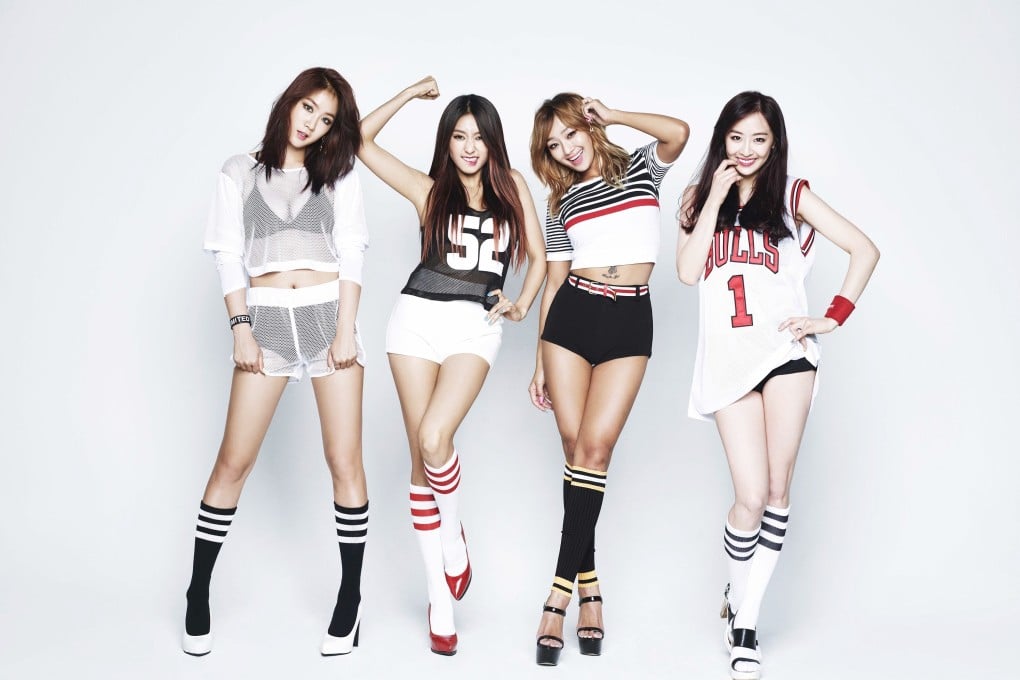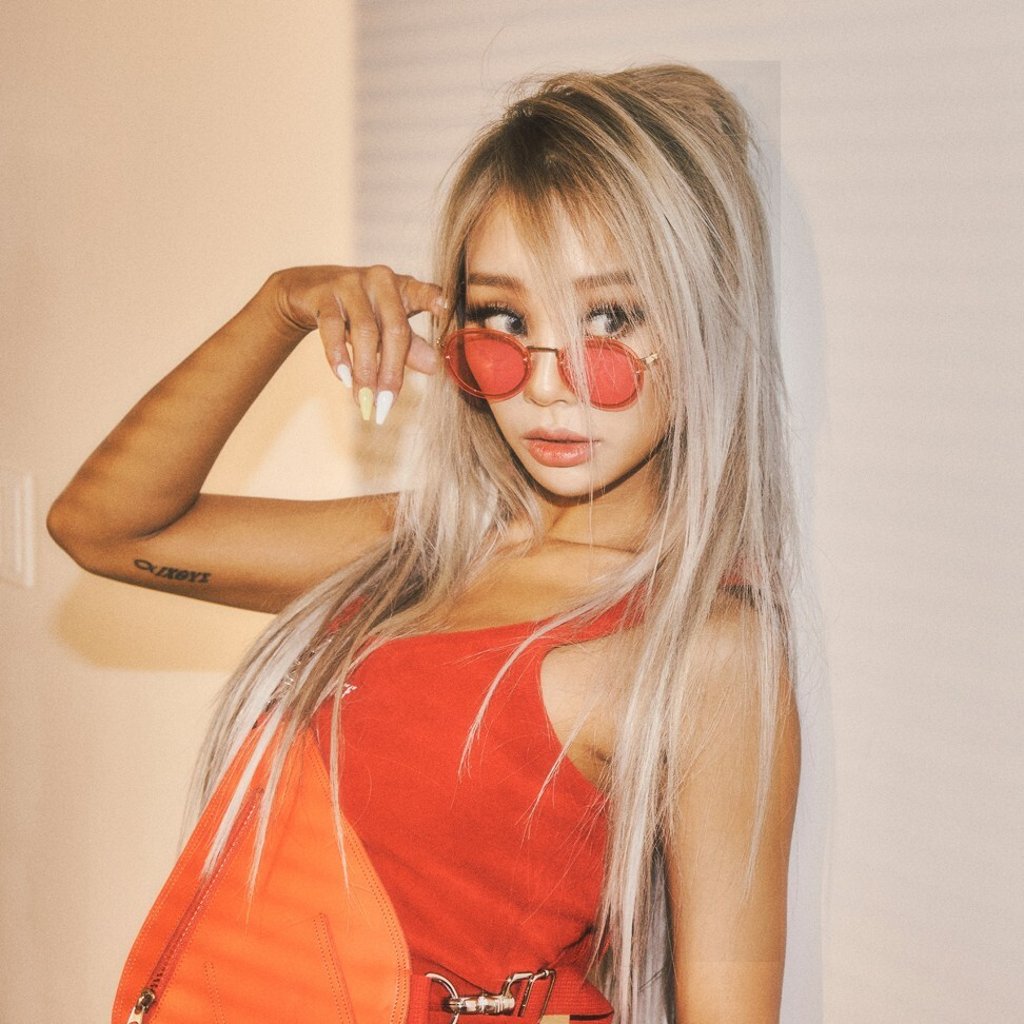From 2NE1 to Sistar’s Hyolyn, female K-pop stars in the driver’s seat move to extend their careers and go in new directions
- Most K-pop groups are only signed for seven years, and girl groups have the shortest lifespan; increasingly, their members are taking charge of their careers
- Some leverage their fame and experience to launch entertainment management agencies that allow them to go solo or try new things

The K-pop industry is seeing the first wave of popular female stars becoming industry entrepreneurs and taking charge of their careers after leaving girl groups.
The past few years have seen two former 2NE1 members, CL and Minzy, along with Yubin of Wonder Girls and Sistar’s Hyolyn, start their own companies. All from popular acts that were K-pop royalty from the mid-2000s to the 2010s, these women chose to make their own way instead of staying at their initial companies or finding other opportunities in South Korea’s entertainment world.
Jinsook Kim, a postdoctoral fellow at the University of Pennsylvania’s Centre for Advanced Research in Global Communication, said the growing trend could be attributed to the internet and global media making it easier for individual artists to launch their own careers.
Kim told the Post that compared to the past, “the production and promotion of content has become easier through the development of IT technologies and diverse social media platforms”.

The “seven-year curse” has long been a popular phrase in K-pop: companies can only sign artists for seven years, and few acts managed in the past to exceed that lifespan as a complete unit, let alone maintain their popularity for that long.